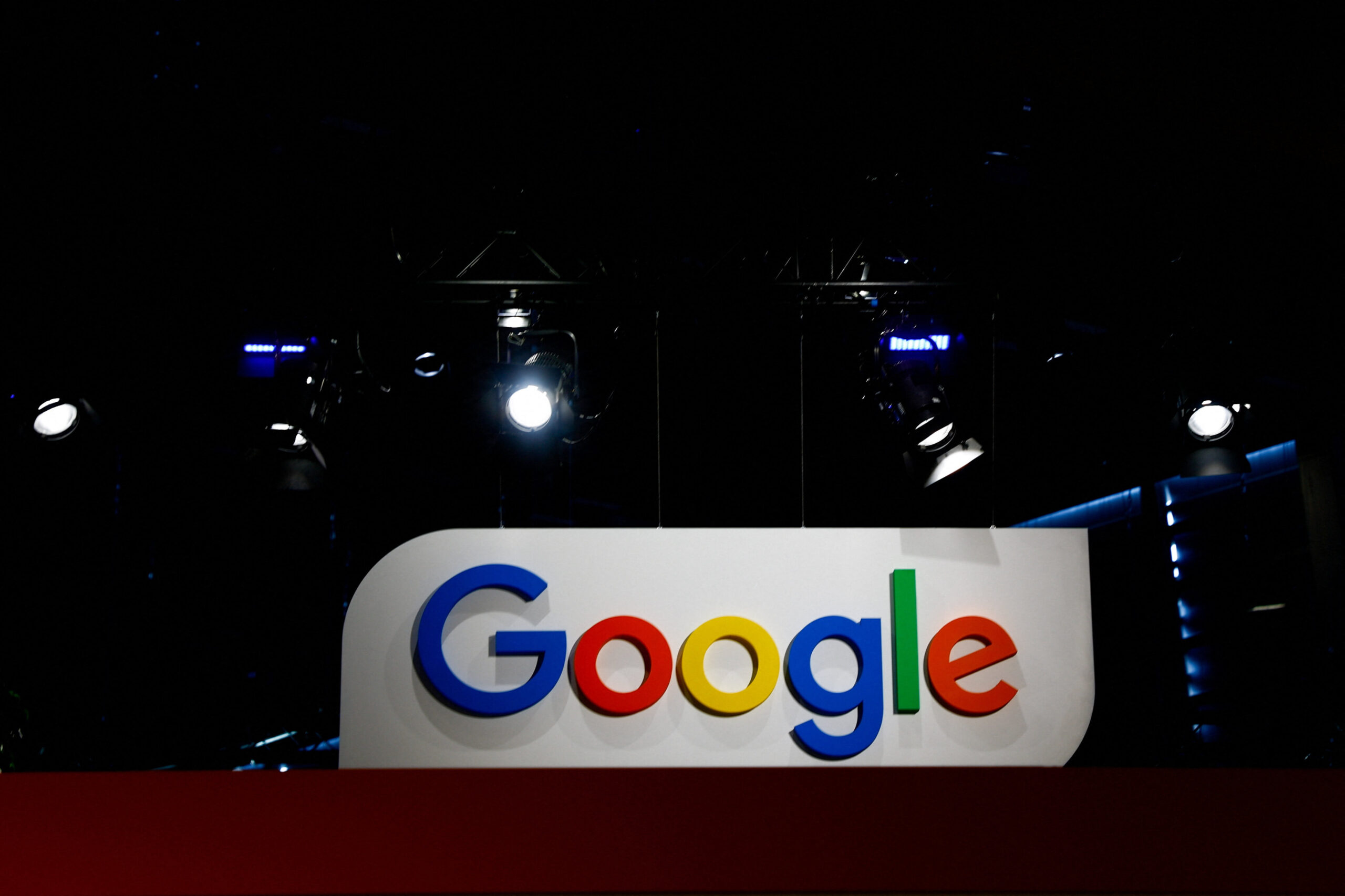On July 25, 2023, Alphabet, the parent company of Google, announced its second-quarter financial results, surpassing Wall Street expectations and leading to an 8% surge in its shares during after-hours trading. The company’s strong performance was attributed to steady demand for its cloud services and a rebound in advertising revenue. This success came amidst a time when investors were skeptical about Alphabet’s ability to compete with other tech giants in the midst of the AI frenzy. However, the impressive earnings indicated that Alphabet was likely entering a new growth phase.
Part of Alphabet’s success can be attributed to its dominant position in the highly competitive cloud sector, which has now provided the company with an opportunity to focus on expanding its presence in the AI field. This consolidation of its cloud services has positioned Alphabet as a leading force in the industry.
As a significant player in the tech world, Alphabet has been closely watched by investors, who were concerned about a potential advertiser pullback following the pandemic-induced growth of web services. However, the second-quarter results have assuaged these fears, as advertisers continue to invest in Alphabet’s platforms, along with Meta Platforms (formerly Facebook).
The company’s recent strides in generative artificial intelligence (AI) technology have also garnered attention. Alphabet introduced AI products at its annual I/O developer conference, and the search engine was revamped to incorporate generative AI capabilities. While this advancement comes at a cost, with substantial investments in servers and AI computing, it shows Alphabet’s commitment to staying at the forefront of technological innovation.
During a conference call with analysts, Chief Executive Sundar Pichai mentioned that advertising would be integrated into the company’s revamped search, utilizing AI technology to optimize ad formats and placement. This move comes as 80% of advertisers are already using at least one AI-driven search product.
Alphabet’s focus on AI extends beyond search; the company plans to integrate generative AI into products such as Gmail, Google Photos, and the Android mobile operating system. Generative AI can create text, images, and videos that resemble human-produced content.
While AI holds immense promise for the tech industry’s future, the second-quarter results reaffirmed the significance of ad sales as a primary revenue driver. Google’s YouTube video service unit saw ad sales rise, contributing significantly to the company’s overall earnings.
The Google Cloud division, one of the leading cloud service providers, experienced a 28% revenue increase to $8.1 billion during the quarter, surpassing expectations and maintaining consistent growth rates seen in the previous quarter.
Industry experts anticipate that cloud business growth will pick up towards the end of the year, with macroeconomic uncertainties clearing up. Additionally, investors are optimistic about AI becoming a major growth driver for cloud businesses, with Microsoft’s Azure leading the way, followed by Amazon.com’s AWS and Google Cloud.
Alphabet’s financial success in the second quarter has positioned the company as a strong contender in the tech industry, and its strategic focus on cloud services and AI has set the stage for further expansion and innovation. The company’s long-time CFO, Ruth Porat, will take on a new role as chief investment officer and president, overseeing the company’s riskier ventures and global investments while a new finance chief is sought. This move reflects Alphabet’s commitment to nurturing and evolving its leadership team as it continues to forge ahead in the dynamic tech landscape.





